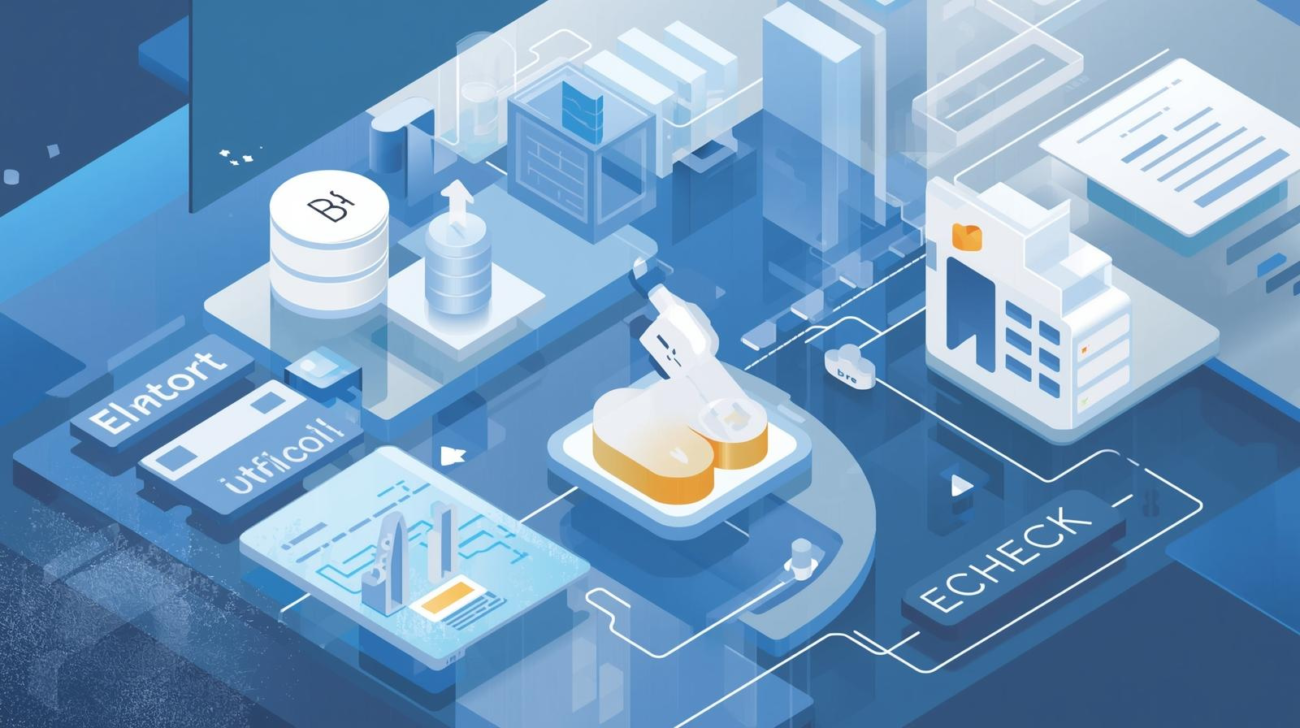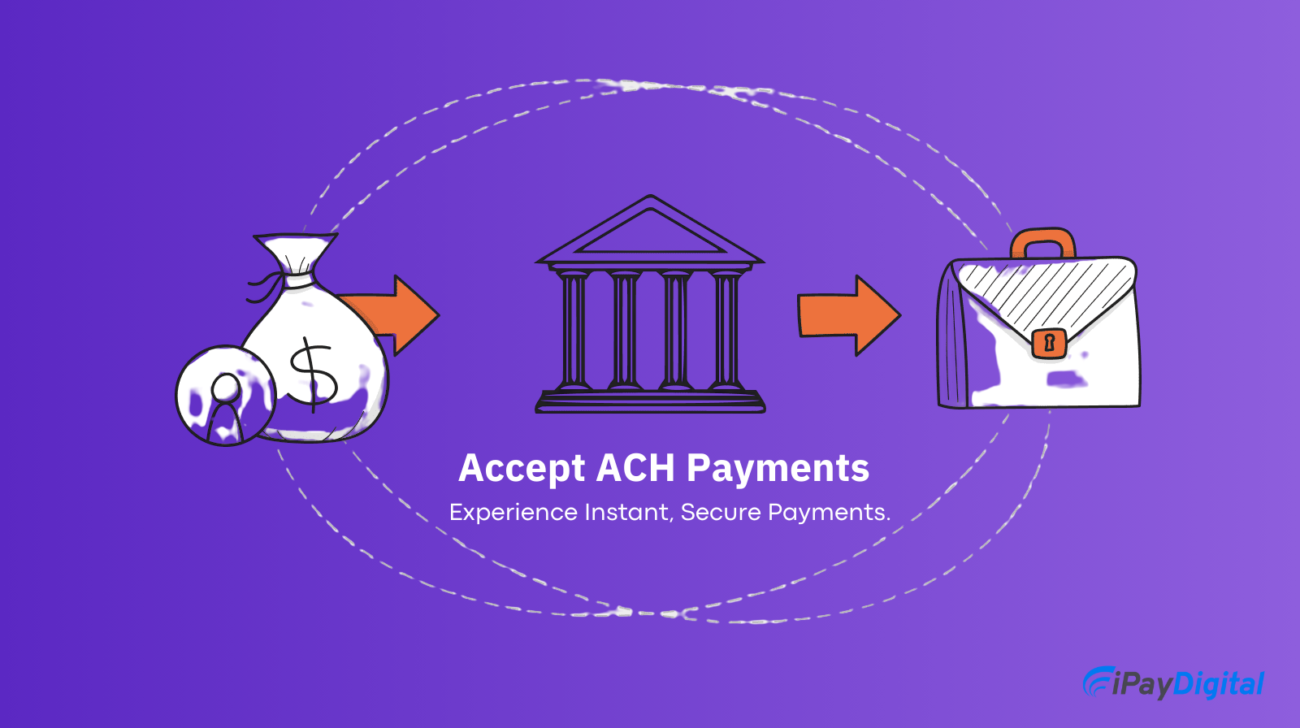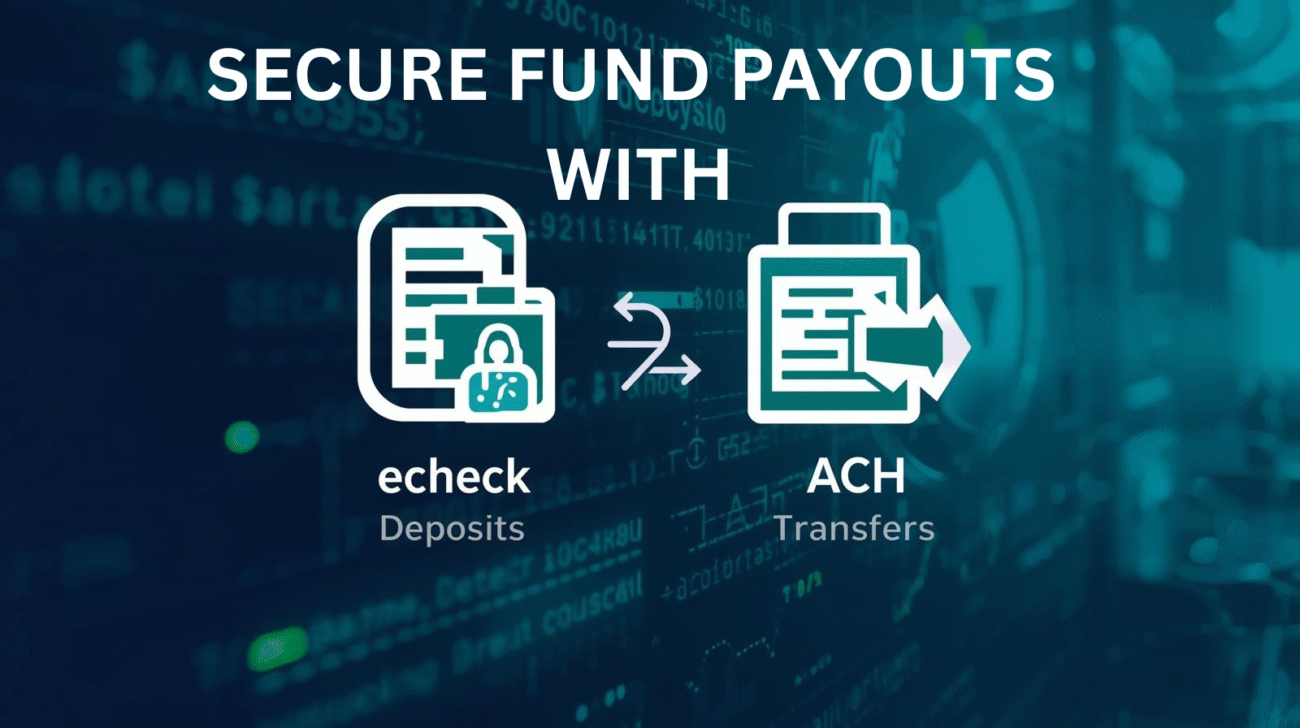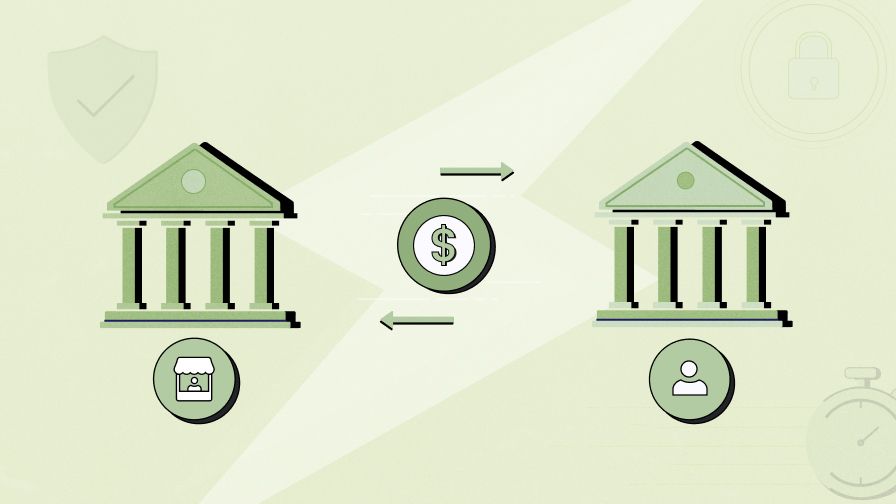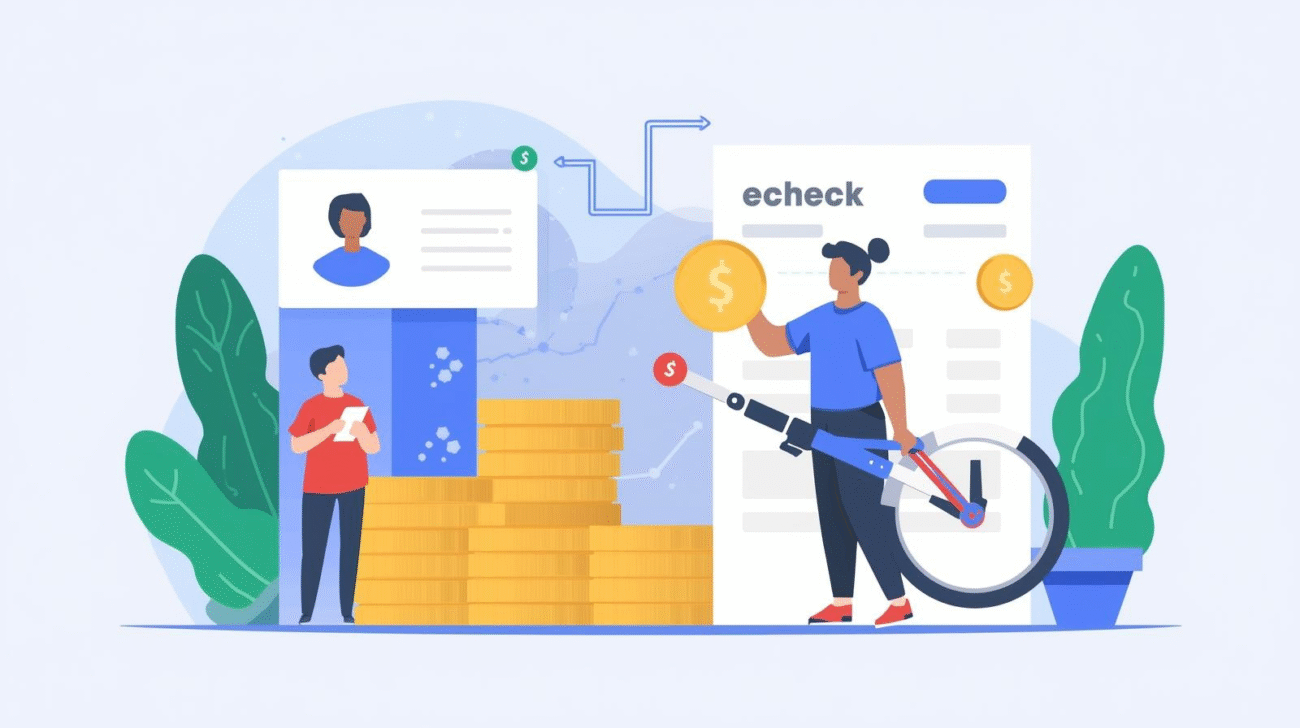The digital transformation of the banking industry is reshaping how financial institutions operate, engage with customers, and process transactions. In this evolving landscape, eChecks (electronic checks) have emerged as a significant player, helping banks transition from traditional paper-based processes to faster, more efficient digital solutions. eChecks offer a blend of the old and the new, maintaining the familiarity of paper checks while embracing the speed, security, and convenience of digital technology. This blog delves into the role of eChecks in the digital transformation of the banking industry and their impact on modern financial services.
What Are eChecks?
An eCheck, or electronic check, is a digital version of a traditional paper check. It allows users to transfer funds electronically by authorizing a payment through an online platform. The process mimics the traditional method, where a check writer provides their bank account details and authorizes the transaction, but the entire process is automated and happens online.
eChecks are part of the Automated Clearing House (ACH) network, a system used for electronic payments in the United States. ACH transfers typically take a few business days to process, and they are known for being secure, reliable, and widely accepted. eChecks are particularly useful for recurring payments, business-to-business (B2B) transactions, and industries where customers are accustomed to check-based payments.
The Role of Digital Transformation in Banking
Digital transformation in banking refers to the adoption of new technologies to improve business processes, customer experiences, and overall efficiency. This includes everything from online banking and mobile apps to AI-driven customer service and secure payment systems like eChecks. The shift toward digital has been driven by several key factors:
- Consumer Expectations: Customers expect quick, seamless, and secure banking experiences. They want to manage their finances from anywhere, at any time, and digital tools make this possible.
- Operational Efficiency: Automation and digital solutions allow banks to streamline processes, reduce paperwork, and lower operational costs.
- Security Enhancements: Digital banking systems come with advanced security measures, like encryption and tokenization, which protect customer information and reduce the risk of fraud.
- Regulatory Compliance: The financial industry is heavily regulated, and digital tools can help banks stay compliant with evolving regulations, including anti-money laundering (AML) and know your customer (KYC) requirements.
The Importance of eChecks in Modern Banking
In the context of digital transformation, eChecks serve as an important bridge between traditional and digital payment methods. Here’s how eChecks are playing a crucial role in the banking industry:
1. Improving Payment Efficiency
One of the key benefits of eChecks is their efficiency. Traditional paper checks require manual handling, printing, mailing, and processing, which can take days or even weeks. eChecks, on the other hand, eliminate these steps. They allow for quick, digital processing of payments through the ACH network, reducing the time and effort involved for both customers and banks.
This efficiency is particularly important for B2B transactions, where large sums of money are exchanged regularly. eChecks provide businesses with a reliable, fast, and cost-effective payment solution that simplifies the transaction process.
2. Reducing Transaction Costs
The cost of processing a paper check can be high, considering the labor, materials, and time involved. eChecks significantly reduce these costs. By digitizing the payment process, banks and businesses save on paper, postage, and manual processing fees. Additionally, ACH transactions tend to have lower fees compared to credit card payments, making eChecks a more affordable option for high-value transactions.
For businesses that process a large volume of payments, the savings from using eChecks can be substantial, making them an attractive option for both financial institutions and their clients.
3. Enhanced Security
Security is a major concern in banking, and eChecks offer a more secure alternative to paper checks. With eChecks, sensitive customer information (like bank account and routing numbers) is transmitted electronically using encryption protocols, making it less susceptible to theft or fraud. In contrast, paper checks can be lost, stolen, or altered, posing a higher risk of fraud.
Moreover, eChecks allow banks to implement additional security measures, such as multi-factor authentication, tokenization, and real-time fraud detection, which further protect the transaction from cyber threats.
4. Supporting Digital Banking Platforms
The rise of digital banking platforms, such as mobile banking apps and online payment portals, has increased the need for secure and efficient electronic payment methods. eChecks integrate seamlessly with these platforms, providing customers with a familiar and easy-to-use payment option.
For example, many banks allow customers to schedule eCheck payments directly from their online banking accounts, automating recurring payments for bills, rent, or business invoices. This integration enhances the overall customer experience by simplifying payment management.
5. Facilitating Remote Transactions
In a world where remote work and online services are becoming the norm, eChecks offer a convenient solution for remote transactions. Whether it’s a B2B payment, a freelancer invoicing a client, or a consumer paying for a subscription service, eChecks make it possible to process payments quickly and securely from anywhere.
This flexibility is particularly important in industries where physical checks are still commonly used, such as real estate, legal services, and healthcare. eChecks provide a way for these industries to modernize their payment systems without losing the familiarity and trust associated with traditional checks.
6. Compliance with Regulations
The financial industry is subject to strict regulatory requirements, and eChecks help banks stay compliant. The ACH network, which processes eChecks, is governed by the National Automated Clearing House Association (NACHA), which sets rules and guidelines for secure, compliant payment processing. By using eChecks, banks ensure that their transactions adhere to these standards, reducing the risk of non-compliance and associated penalties.
In addition, eChecks can help banks meet requirements related to AML, KYC, and fraud prevention. For instance, they allow for better tracking and reporting of transactions, making it easier for banks to identify suspicious activities and comply with regulatory reporting requirements.
The Future of eChecks in the Banking Industry
As digital transformation continues to reshape the banking landscape, eChecks are likely to play an even more prominent role. The combination of efficiency, security, and cost savings makes eChecks an appealing option for both banks and their customers. In the coming years, we can expect to see even greater adoption of eChecks as more businesses and consumers embrace digital payment methods.
In addition, advancements in technology, such as blockchain and AI, may further enhance the functionality and security of eChecks, providing even more value to the banking industry. These innovations could lead to faster processing times, improved fraud detection, and increased transparency in financial transactions.
Conclusion
eChecks are a key component of the ongoing digital transformation in the banking industry. They offer a modern, secure, and efficient alternative to traditional paper checks, helping banks streamline their payment processes, reduce costs, and improve customer experiences. As businesses and consumers continue to shift toward digital payments, eChecks will remain a vital tool for banks looking to stay competitive in an increasingly digital world. By embracing eChecks and other digital payment solutions, banks can ensure they are well-positioned to meet the demands of the future, offering seamless, secure, and flexible payment options that cater to the needs of their customers.


